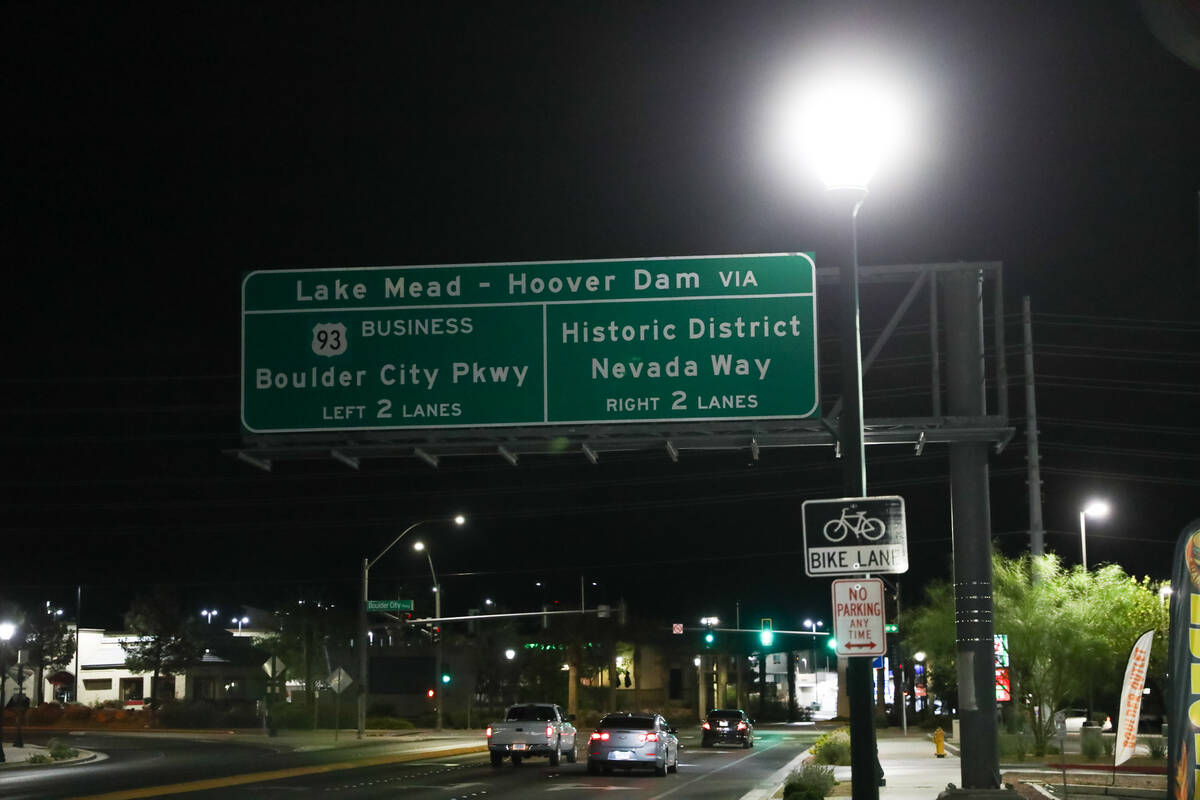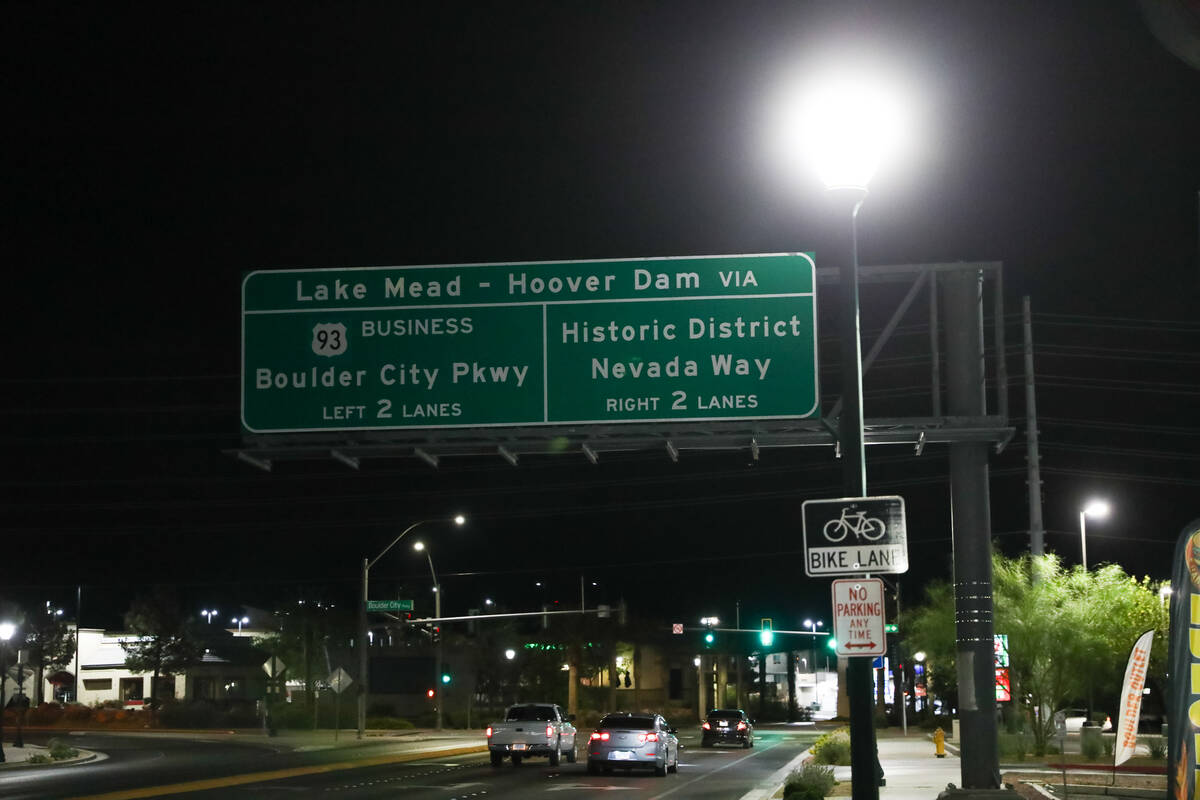I’d like it from both sides, now
Warning: We are gonna take the scenic route again on this one. It’s gonna seem unrelated to local stuff, but we’ll get there in the end. Sorry, not sorry.
I spent a good chunk of last weekend reading a really long magazine article. It’s the kind of thing that was really illuminating but that I don’t bother to share widely because I know that, at 17,500 words, most people I know are never gonna read it.
I won’t put a URL for another publication in the paper because, competition. But if anyone wants to follow along at home, do a search for “James Bennett Economist article” and you’ll find it. It is behind a paywall, but it’s kind of like the RJ’s paywall. You get access to a couple of stories a month before they cut you off. So, unless you are a regular reader of the Economist, my guess is that you should be able to access it.
James Bennett is a noted journalist. He cut his teeth at the New York Times before being hired to run the Atlantic and, after I think a decade there, got hired back at the Times to run the Opinion department. He did some great work there starting in 2016 until, in June of 2020, he was forced to resign after a mass mutiny by NYT staff over his decision to run an opinion piece by a Republican senator who, in the wake of the George Floyd-inspired protests and riots in the summer of 2020, advocated calling in the military to quell the chaos.
The story is a fascinating look at the journalism business as it has come to exist which bears little resemblance to the one that existed when I cut my own teeth. Love this quote: “The journalist from central casting used to be a loner, contrarian or a misfit. Now journalism is becoming another job for joiners, or, to borrow Twitter’s own parlance, ‘followers’, a term that mocks the essence of a journalist’s role.” Misfit. Contrarian. Loner. All terms that describe this guy.
The main gist of the article is that the Times —and a bunch of other mainline publications —are in crisis because they have tried to, well, to use a very tired cliche, have their cake and eat it, too. Faced with two incompatible choices, they tried to have it both ways. (We’re getting close to the local angle, promise.)
In the case of the Times, it was all about culture and politics. According to their own polling, 95% of Times readers self-describe as political liberals and further described the Times as liberal. And said that is the way they want it to be. But, and this is the both ways rub, those same readers express a need to believe that the NYT is objective and independent. In other words, they want the paper to confirm their own political and cultural biases but they also want to believe that those biases are objectively true.
In the almost year that I’ve been working in and covering government in Boulder City, I have been struck over and over again by the same kind of “both ways” deal.
It’s an idyllic small town that is a virtual stone’s throw from what is probably the entertainment capital of the world. Residents prize the fact that their town is not like the dens of iniquity “over the hill” but few have taken the time or bandwidth to reconcile that with the fact that a huge portion of their town’s budget comes from taxes generated by those dens. (But, kudos to Boulder City Councilmember Steve Walton for regularly and publicly pointing that fact out.)
It’s a town where all of the elected officials portray themselves as small (or at least small-ish) government, financially conservative types and they take appropriate pride in their fiscal restraint and the fact that, very much unlike those dens over the hill, the city has almost zero debt. But that doesn’t stop them from lining up at the federal trough for as much ARPA money as they can get. (ARPA is the American Rescue Plan Act. For those who have lost track, that is the $1.9 trillion slush fund of “stimulus” money that got approved right about the same time the post-plague economy was recovering anyway and that most economists now blame for being at least a major driver of the inflation that continues to punch us all in the face.) The stated reason for all of the ARPA money was to support local governments because their revenue streams were predicted to all but dry up as a result of the shutdowns. Except that didn’t happen. Like many other jurisdictions, BC actually saw tax revenue increase, not tank.
Fiscally conservative, but with as much of a hand out as any deep-blue city.
The issue where that both ways thing is most evident right now is the fight over short-term rentals. On one hand, city government professes to support the efforts of the Chamber of Commerce to sell Boulder City as a multi-day destination and not just a day trip, which would be a lot easier if there were good non-hotel lodging options, especially for families. Politically, you have a situation where multiple council members spoke about being big property-rights people just before they voted to deny certain property owners the right to rent out their property.
I’m not saying one of those stances is right or wrong. Just that they are fundamentally incompatible and you might be able to have things both ways for a while but, inevitably, those opposing pressures are going to come to a head and a choice will have to be made.






